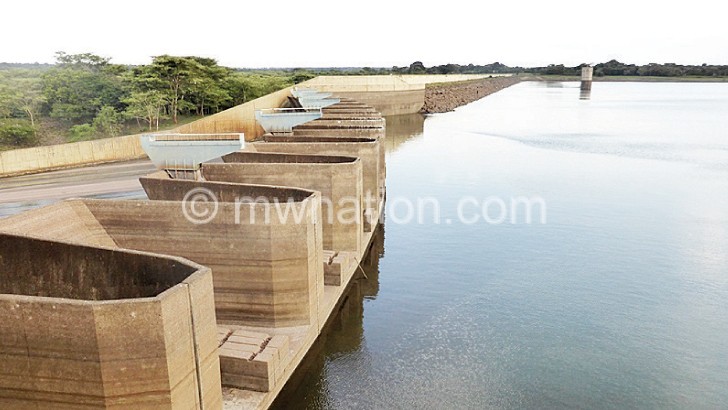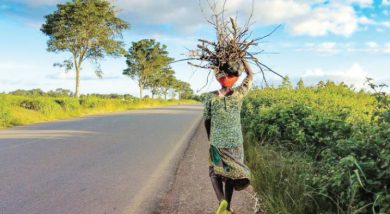African ministers for groundwater conservation
It waters crops. It defies borderlines. At worst, countries scramble for it when water diplomacy breaks down.
Groundwater is pivotal in the global race for sustainable development goals (SDGs) to ensure everyone has water, food and peace as Africa grapples with silent environmental degradation and silent water wars.
However, a concern is gaining sway that the continent is not just investing much to map and conserve the hidden treasure.

Ironically, studies show the endowment is a source of drinking water for almost three in four people on the continent—and the mushrooming of boreholes testifies to this.
“Groundwater is vital for access to water for all and adaptation to climate change and ensuring access to water, food and security. About 97 of Egyptians rely on transboundary groundwater while we are talking about floods and drought. When rain-fed agriculture fails, it can be a source of supplementary irrigation,” said Egypt’s Water Resources and Irrigation Minister Mohamed Abdel Atty.
He made the remarks when he opened a ministerial session at the World Water Week in Stockholm, Sweden, on Tuesday.
Correspondingly, African ministers attending the conference in the Swedish capital spoke of the need for the continent to invest more in research, governance and conservation to protect shared groundwater from pollution and depletion.
This comes a decade after the African Union (AU) heads of state mandated African Ministers’ Council on Water (Amcow) to track progress towards accelerating access to water and improved sanitation on the continent.
“Groundwater is an essential. We use it daily. Investing in this essential resource begins with creating knowledge, strategic partnerships, governance, strong institutions and policies, diplomacy with all the political will it deserves,” says Amcow chief secretary Dr Canisius Kanangire.
The ministers attending the event organised by Stockholm International Water Institute echoed rising demands for African countries to protect groundwater from depletion and pollution.
Mapping by the United Nations Educational, Scientific and Cultural Organisation (Unesco) indicates that there are about 600 aquifers globally and 72 of them are located in Africa.
“We see countries talking about streams and forming coming together to conserve shared river basins, but no one seems to care about these aquafers. The water sources in the soil need care like the rivers you see,” says Unesco groundwater specialist Alice Aurieli.
Unesco’s framework for action requires countries to invest in creating knowledge, effective linkages and practical actions by all institutions and stakeholders to safeguard shared groundwater sources.
Last year, South Africa, Botswana and Namibia signed a deal to conserve the Stampriet Transboundary Aquifer, south of the Kalahari Desert.
This is the first example of institutionalising cooperation over transboundary aquifers in the Southern African Development Community (Sadc) where the thrust remains on joint conservation of surface water, especially rivers, lakes and wetlands.
With 15 member states, the Sadc region consists of 20 shared groundwater belts.
Among these, Malawi shares the Shire Valley Aquifer with Mozambique and the Sands and Gravel Aquifer with Zambia.
South Africa might be among the pacesetters in the region, but the country’s deputy minister of water, Pamela Tshwete, underscored the need for AU to swiftly establish a continental body to spearhead regulate conservation of groundwater.
“Thanks Unesco for prioritising Africa in everything you do, but we need to fast-track the formation of Africa Groundwater Commission,” he said.
The absence of the commission has left Africa largely dependent on Unesco and other international agencies to map and conserve groundwater which is stressed by pollution, drought, environmental degradation and population pressure.
Activists asked for local finances and expertise for groundwater management





